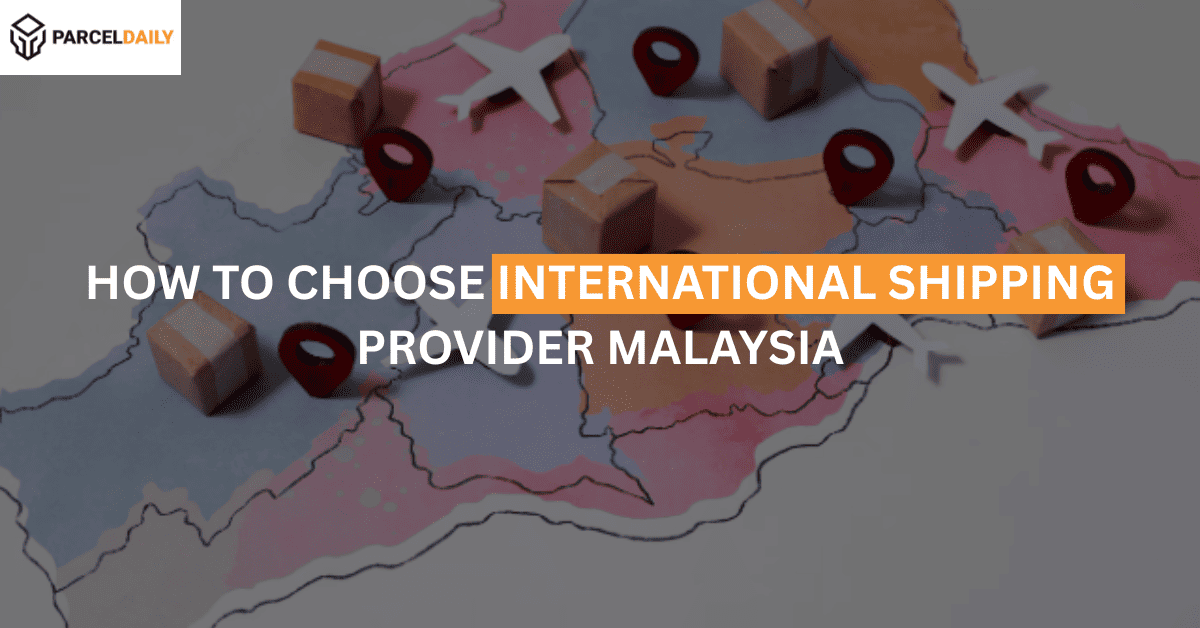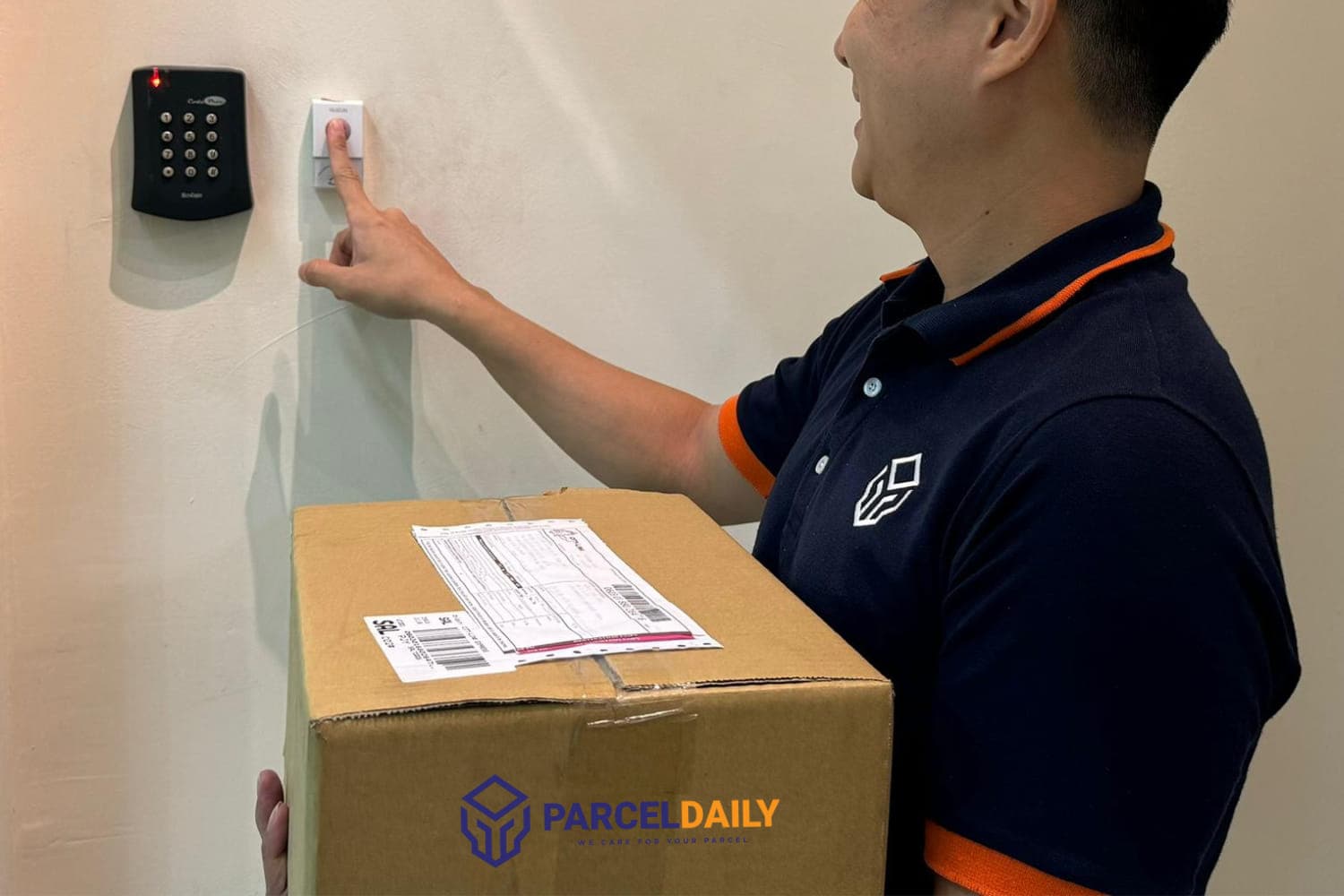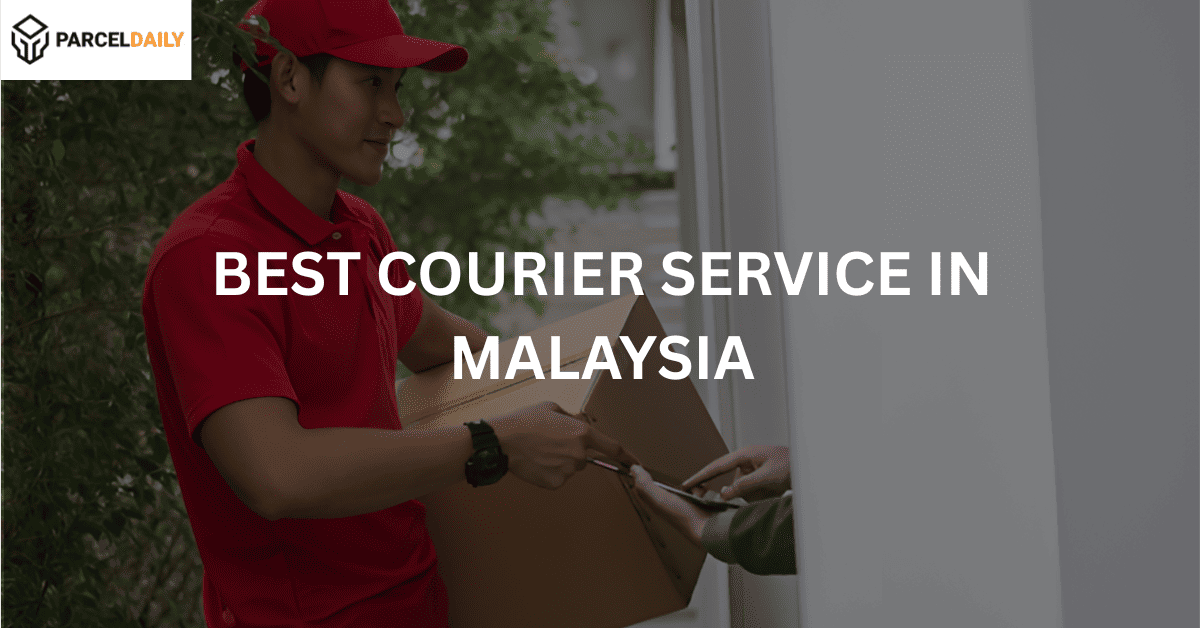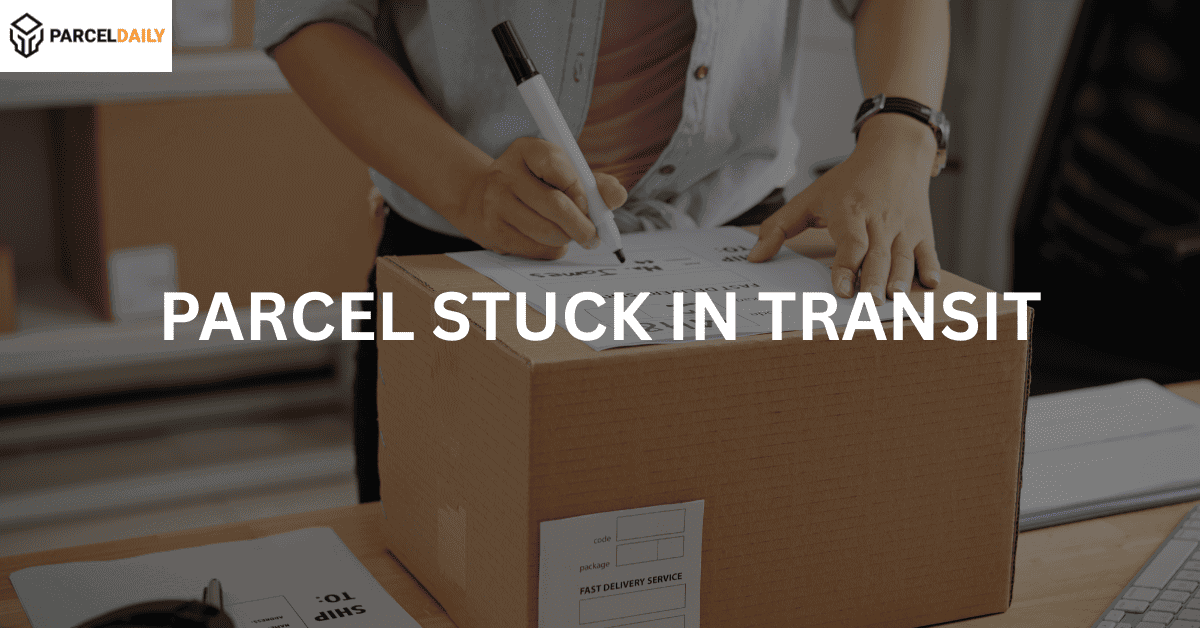Choosing a reliable international shipping provider in Malaysia means evaluating more than just the price tag, especially in 2025. They should offer real-time tracking, strong customs support, regional expertise, and e-invoicing integration.
With new customs rules, e-invoicing mandates, and rising delivery expectations, the right provider should meet logistical demands and offer consistent, compliant service, not just affordable.
So, if you’ve ever dealt with late parcels, confusing tracking, or silent customer service, this guide is written with you in mind.
Today, we’ll break down which features actually matter and compare some of Malaysia’s top shipping providers, so you don’t waste another sen on unreliable logistics.
Comparison Table: Malaysia’s Top International Shipping Providers
| Provider | Best For | Delivery Speed | Coverage | Customs Support |
| DHL Express | Urgent global documents | 1–3 working days | 220+ countries | Full customs clearance |
| Pos Laju EMS | Budget-conscious parcels to Asia/global | 3–7 working days | Asia & limited global | Basic forms support |
| Teleport | AirAsia-linked eCommerce & SMEs | 2–5 working days | Asia-Pacific | Limited documentation support |
| Aramex | SMEs shipping to MENA/Asia | 2–6 working days | MENA, Asia, Europe | Online pre-clearance |
| BEST Express | Budget-friendly international parcels | 3–6 working days | Asia & some global | Basic to moderate |
| LINECLEAR Express | Regional B2B deliveries | 3–6 working days | ASEAN countries | Moderate |
What Makes a Shipping Provider “Reliable” in 2025?
Many people make the mistake of only focusing on shipping speed. While getting your parcel ASAP is understandable, compliance, communication, and cross-border experience matter more.
New tax reporting standards in Malaysia and rising consumer expectations mean the definition of “reliable” has shifted. Timeliness is still key, but a good provider must also:
- Offer tracking clarity in real time
- Handle customs documentation without delays
- Comply with SST & e-invoicing
- Provide responsive customer support
Look for providers with transparent pricing structures, proactive communication, and region-specific expertise, especially if you’re frequently shipping to places like China, the EU, or MENA (Middle East and North Africa).
Customs Support Can Make or Break Your Shipment
Customs clearance, not courier speed is often the real cause of delays.
One of the biggest mistakes Malaysian shippers make is assuming fast delivery guarantees smooth arrival. But even express couriers are powerless if your paperwork isn’t correct in Kastam’s eyes.
Here’s what happens without proper customs support:
- Parcels get stuck at the border
- Import duties are miscalculated or unpaid
- Your customer faces surprise fees or rejections
- The courier sends your item back or marks it as undeliverable
That’s why it’s not enough to look at delivery speed alone, you need a provider that understands cross-border compliance.
Look for providers that offer:
- Digital customs forms that pre-fill from your invoice or API
- Pre-clearance options in countries with high inspection rates
- Expert support for restricted, dutiable, or high-risk goods
“Most failed international shipments aren’t late, they’re held. And it’s usually because of incomplete or misdeclared customs documents.” —ParcelDaily Logistics Team
Examples of strong customs support in action:
- DHL offers real-time customs status tracking and global duty calculators
- Aramex allows online pre-clearance before your shipment leaves Malaysia
- Teleport may require you to handle documentation manually for non-Asia routes
If your shipping provider can’t walk you through a sample customs form, move on.
Price is Not Always the Best Indicator of Reliability
Cheap shipping often skips over important services, until it’s too late.
On paper, a courier service offering low shipping quotes can look like a great deal. But when your parcel gets held in customs, arrives late, or lacks proper tracking, the hidden cost becomes clear.
Here’s what low-cost providers may not tell you upfront:
- Tracking may be limited or delayed, thus may impose additional costs
- Customs clearance could be excluded
- Insurance might not cover the full parcel value
- Duties and taxes may fall unexpectedly on the receiver
So before booking, always ask:
- Is tracking included from origin to destination?
- Does the price include customs documentation or clearance?
- Are duties prepaid (DDP) or paid on delivery (DAP)?
But budget-friendly doesn’t have to mean unreliable,if you choose strategically.
For example:
- SF Express is cost-effective but excels in China-bound logistics
- BEST Express provides solid ASEAN coverage at low rates
- Teleport serves Asia-Pacific efficiently, but may lack full customs help for global shipping
Bottom line: Ask the right questions before shipping, and never assume the lowest price comes with full service.
The Importance of Tracking and E-Invoice Integration
Real-time tracking and e-invoicing integration are non-negotiable in the age of AI and advanced automation.
“As mandated by LHDN, Malaysia’s e-Invoicing rollout began on July 1, 2025 for large taxpayers with annual turnover of RM 5 million and up to RM 25 million.” – LHDN
Modern shipping isn’t just about moving boxes or containers. Most SMEs now need API integration, invoice syncing, and mobile alerts. Any provider not offering:
- Live tracking (with geolocation)
- Invoice auto-generation for e-invoicing
- Status syncing with your e-commerce platform
Should be seriously reconsidered. DHL and Aramex have strong platforms for this, while local options may still rely on manual input.
Use Different Couriers for Different Destinations
No single provider offers optimal coverage, speed, and support for every shipping lane.
When it comes to international shipping, trying to rely on one courier for all countries is a recipe for inefficiencies. Each provider has its own geographic strengths, customs expertise, and transit timelines, so the smart move is to match couriers to specific lanes.
“Cross-border logistics is about fit, not brand loyalty. What works for China might not work for the EU.” — Parcel Daily Team
Recommended Providers by Region (2025)
| Destination Region | Recommended Providers | Why They’re a Good Fit | Estimated Delivery Time |
| North America & EU | DHL Express | Fast delivery, robust customs support, trusted documentation handling | 2–4 working days |
| Middle East (MENA) | Aramex | Regional presence, pre-clearance options, competitive pricing | 3–6 working days |
| China & East Asia | SF Express, Teleport | Strong regional infrastructure, cost-effective for ecommerce | 2–5 working days |
| ASEAN & South Asia | Pos Laju EMS, BEST Express | Affordable rates, good regional partnerships, growing lane access | 3–7 working days |
| Global Express | FedEx, DHL | Ideal for urgent documents, tracking precision, full-service customs | 1–3 working days (express) |
Audit your top export destinations every quarter. If one region starts underperforming, it may not be your warehouse, it could be your courier.
Try this simple test: Ask your provider for a mock customs form and see how long it takes them to respond.
If they can’t handle that, they’re not built for 2025 logistics.
Match Your Courier to Shipping Intent, Not Just Destination
While regional strength matters, your courier should also match your business goal, whether that’s express speed, cost savings, or bulk freight. Here’s a quick breakdown:
| Shipping Intent | Best Providers | Why They’re Ideal |
| Urgent Documents | DHL Express, FedEx | Fast delivery, full tracking, customs clearance expertise |
| Low-Cost Ecommerce Parcels | SF Express, Teleport, BEST Express | Affordable rates, Asia coverage, growing integrations |
| High-Volume Shipments | Pos Laju EMS, Aramex | Scalable handling, regional experience, pricing flexibility |
| Restricted or Regulated Goods | Aramex, DHL | Strong customs expertise, support for dutiable items |
Remember, don’t pick a courier based on price, match it to your shipping intent to avoid delays, customs rejections, or overpaying for services you don’t need.
Choosing an International Shipping Provider in Malaysia: Final Take
At Parcel Daily, we’ve seen firsthand how poor courier choices lead to missed deadlines, customs delays, and frustrated customers. That’s why we believe selecting the right provider isn’t just operational, it’s strategic.
The right partner should offer:
- Proven performance in your key destination markets
- End-to-end customs handling with regional know-how
- Seamless technology integration (e-invoicing, tracking APIs)
- Transparent pricing with no hidden terms
We work closely with Malaysian businesses to map routes, test lanes, and align couriers based on real performance not guesswork. Whether you’re shipping within Asia or scaling globally, we help you get it right the first time.
Stop gambling on your logistics. Let’s make international shipping one less thing to worry about.
Frequently Asked Questions About International Shipping Provider in Malaysia
What Is The Best International Shipping Provider In Malaysia?
DHL is often considered the most reliable for global delivery, especially for urgent or document-heavy shipments.
How Do I Know If A Shipping Provider Handles Customs Properly?
Check if they offer customs pre-clearance, digital forms, and live tracking with clearance updates.
Why Is My International Parcel Delayed In Customs?
Delays often happen due to incomplete documentation or unpaid duties. Use a provider that manages customs proactively.
Are Cheaper International Couriers Less Reliable?
Not always, but cheaper services usually mean fewer features like tracking or customs support.
What Paperwork Do I Need For International Shipping From Malaysia?
Typically, you need a commercial invoice, airway bill, and any country-specific import documentation.
Do All Shipping Companies Offer E-Invoicing Support?
No. As of 2025, only some providers offer integration for Malaysia’s mandatory e-invoicing. Confirm before booking.




